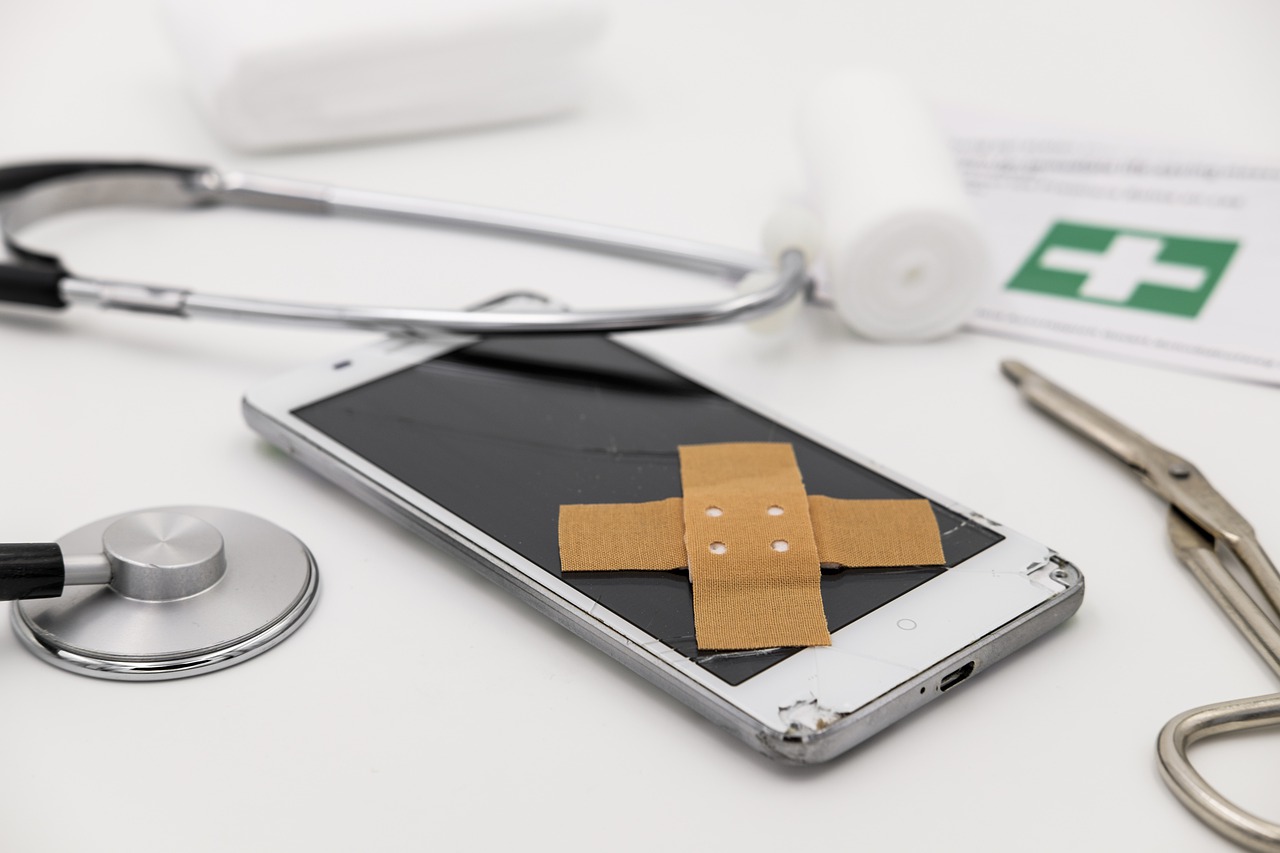
Dear Eartha, My smartphone is getting slower and it’s only 2 years old! It seems unsustainable that my phone becomes a dinosaur every few years. What gives?
Let’s face it, our digital devices and other electronic goods and appliances aren’t as durable as they used to be. It has become the norm that when our smartphone, laptop or even dishwasher breaks, the repair is timely, costly or simply unavailable. It is much easier to just buy new. This happens to all of us, and it is no coincidence.
Planned obsolescence
The diminishing lifetime of many electronic goods is, on one hand, consumer driven. We’ve all become accustomed to low-cost items and wanting the “next best thing.” On the other hand, though, producers are making design and manufacturing decisions that causes limited product life. This is called planned obsolescence. Products aren’t necessarily made to break, however, manufacturers are designing their products in ways that make it difficult for the items to be repaired. This can also mean that spare parts are not readily available, repair information is scarce and software updates require us to purchase new devices. These barriers quickly make products obsolete. You nailed it, this is unsustainable. Electronic waste, or “e-waste,” is one of the fastest growing waste streams in the world.
E-waste
More than 3.4 million tons of e-waste is produced every year in the U.S. Every year! That’s equivalent to the weight of 17,000 blue whales. Even worse? Only 38% of electronics are recycled, despite state bans (including Colorado’s) that prohibit electronics from being tossed in the garbage. When e-waste is dumped in landfills, the precious metals inside will never be recovered. Fortunately, if you decide to upgrade your device, you can bring e-waste to the Summit County Resource Allocation Park year-round and it’s free to recycle for Summit County residents.

‘Right to repair’
But are there alternatives to buying new? While it is not illegal to repair your own phone, it feels forbidden (and intimidating) to crack it open just to see what’s inside. Even if we wanted to repair our gadgets, some parts like batteries are sealed inside and we are unable to replace them. It’s kind of like buying a car without the ability to change the tires.
Depending on the company, you (or even third-party tinkerers) don’t always have the right to acquire the spare batteries, repair instructions or specialized tools needed to repair your product. Manufacturers want to set whatever prices they want for parts and services by being the only people who can fix their products.
Lengthening the lifespan of our gadgets is a great way to reduce their environmental impact. The U.S. is currently introducing new laws that give consumers the right to repair products. Colorado was the first to act on this right-to-repair movement with Gov. Jared Polis signing legislation in June to allow wheelchair owners access to the parts, software and manuals to repair their own chairs. This is a great start in Colorado but isn’t yet applied to electronics. In 2021, a right-to-repair electronics bill was introduced in Colorado but lost momentum.
New York set the bar for electronics with its “Digital Fair Repair Act” requiring manufacturers of digital electronics to make diagnostic and repair information and parts available for sale to independent repairers. Essentially, it prevents producers from forcing consumers to repair exclusively through their own company and creates competition from independent repair businesses. Additionally, if a battery were sealed inside a product, its maker must sell replacements and share instructions on how to repair it.
Ultimately, right-to-repair legislation can create a more robust used electronics market, which in turn reduces e-waste. If that sounds like a good future, speak up! Write or call your legislator and tell them you believe electronics repair should be fair, affordable and accessible. Let’s change our relationship with technology and add less e-waste to the pile.
